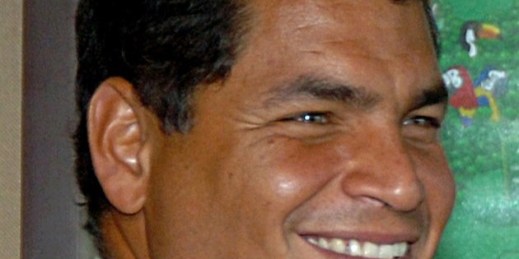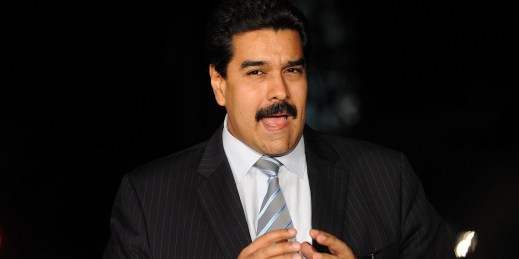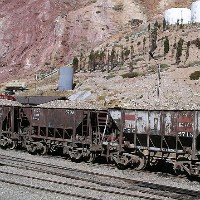
Venezuela has faced months of opposition protests as international mediation efforts have proved inconclusive. In an email interview, Michael McCarthy, a professorial lecturer of Latin American politics at Johns Hopkins School of Advanced International Studies, explained the diverse constituencies the opposition represents. WPR: Who are the major constituencies that make up the political opposition in Venezuela? Michael McCarthy: The Venezuelan constitution currently bans public financing of parties and political campaigns. This creates a structural issue for the 19 political parties formally composing the opposition’s Democratic Unity Roundtable (MUD), an electoral coalition with the objective of winning support away from the […]






